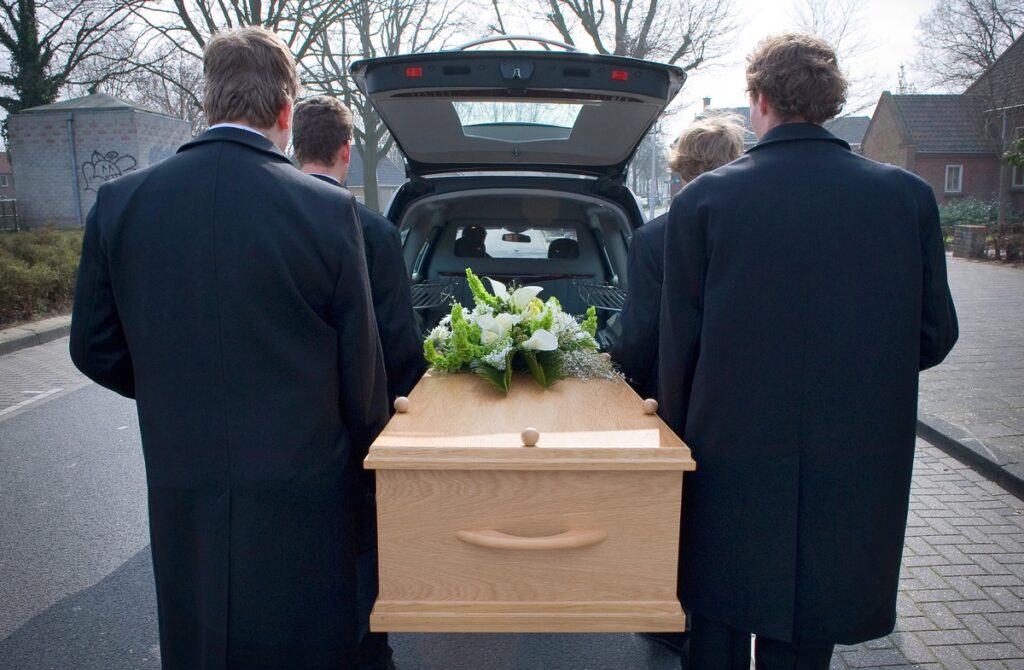When a body is buried, it undergoes a series of natural decomposition processes. The speed and extent of these changes depend on factors like burial depth, temperature, soil type, and whether the body was embalmed. Here’s a look at what happens to the body over time:
1. Autolysis and Rigor Mortis: The Initial Changes
- Autolysis: Almost immediately after death, cells begin breaking down due to enzymes that digest tissues. Without oxygen, the body’s normal processes stop, and cell death sets in.
- Rigor Mortis: Within hours, muscles stiffen, causing the body to become rigid. This stiffness lasts for about 24 to 48 hours before the body relaxes again.
2. Putrefaction: Bacterial Breakdown
- After a few days, bacteria, especially in the intestines, start to break down the body’s tissues. This leads to the release of gases like methane and hydrogen sulfide, causing bloating and a strong odor.
- Discoloration occurs, especially in the abdomen, as the body’s tissues begin to decompose.
3. Insect Activity (in Certain Conditions)
- In shallow graves or unembalmed bodies, insects like flies may lay eggs, leading to maggots that feed on the soft tissues. In deeper graves, this activity is less common, and the breakdown relies more on bacteria and microbes.
4. Liquefaction of Tissues
- Soft tissues, including muscles and internal organs, begin to liquefy due to bacterial activity. This fluid may seep into the surrounding soil as the body continues to decompose.
5. Skeletonization: The Final Exposure
- After the soft tissues break down, what remains is the skeleton. The time frame for this can range from months to years depending on environmental factors.
6. Long-Term Decomposition: Diagenesis
- Bone Breakdown: Bones, being more resilient, take much longer to decompose. Over time, they lose their mineral content and begin to disintegrate. This process can take hundreds or even thousands of years, depending on the burial conditions.
Factors That Affect Decomposition
- Embalming: This process slows decomposition significantly by inhibiting bacterial growth.
- Coffin or Casket: A sealed casket can delay decomposition by limiting exposure to oxygen and bacteria.
- Temperature and Moisture: Cooler temperatures slow the process, while heat and humidity accelerate it.
- Soil Conditions: Acidic soils can speed up decomposition, especially of bones, while alkaline soils may preserve remains longer.
Long After Burial
In many cases, after years or decades, only bones or fragments remain, though under certain conditions (such as highly acidic soils), even bones can break down completely. These factors shape burial traditions worldwide, as different cultures respond to the natural processes that occur after death.

